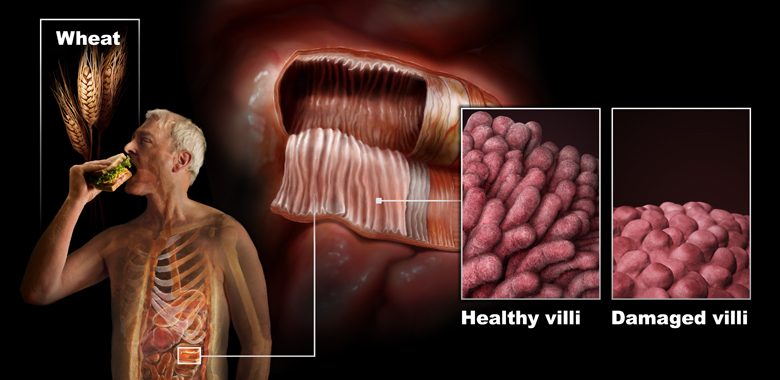By Deepak Chopra and Peter Seligmann
Now more than ever–and before it is too late–we need to see the forest for the trees.
To call attention to the plight of the world’s forests and the growing need for us to better protect and manage them, the United Nations declared 2011 the International Year of Forests. But let us not fool ourselves–in protecting forests, we are doing nothing less than protecting ourselves and our future.
Since time immemorial, when the burning of wood first brought us warmth and light, humanity has relied on trees. They have sheltered us, fed us, and provided us the raw materials to build a modern civilization–from weapons for hunting and tools for farming to the timbers that built our homes and the ships that allowed us to take to the seas.
Today, forests give us all this and more. We benefit from them directly and materially–forests not only provide homes to 300 million people and livelihoods to 1.6 billion people worldwide, they are also the source of products that generate more than $327 billion in trade each year–a figure equivalent to the GDP of Hong Kong.
But the most important gifts we receive from forests are less obvious–and ones we often take for granted.
Though they cover just 31 percent of the total land area, forests are home to 80 percent of the planet’s terrestrial biodiversity–the rich variety of life including species like the rosy periwinkle, used to create the cancer-fighting drug treatment known as Vincristine.
And take, for example, fresh water–the essence of life itself. Less than 3 percent of the water on Earth is fresh–and of that precious amount that sustains us, more than three-fourths of the world’s accessible fresh water comes from forested watersheds.
But perhaps the most critical role forests play today–and one that we continue to undermine at our peril–lies in stabilizing the global climate. Healthy standing forests are superior stores of carbon, yet they are being destroyed at an alarming rate to make way for pastures and agricultural land, mineral exploitation and urban sprawl. Worse, this deforestation is an increasingly prominent contributor to our growing emissions problem; nearly one-sixth of the total greenhouse gas emissions are the result of deforestation itself. Put another way: Destroying forests releases more carbon dioxide into the atmosphere each year than all of the planes, trains, cars, trucks and ships in the world–combined.
In so many ways, our human bodies are much like the Earth we come from–a collection of interconnected organs and systems that must work in harmony to sustain our complete health. If a system fails, the whole suffers.
As they tirelessly cycle carbon dioxide and oxygen, forests are much like the lungs of the planet. But they are in trouble–and we can no more afford to ignore the failing health of the world’s forests than we could to ignore the health of our own lungs. As with our own bodies, when one of the planet’s systems is in trouble, others feel the effects. And so it is in matters of conservation, where there is no such thing as near or far. We are all ultimately connected by the vital natural systems that sustain us–and what is lost there is always, inevitably, felt here.
In this pivotal year, we have teamed up to sound the alarm on the dangers of deforestation and to share the solutions–because protecting our forests means protecting our very future. This is a critical effort; we hope you will join us on Crowdrise, because each and every one of us has a role to play.
Only when humanity recognizes this–when we truly see the forest for the trees– can we forge a brighter future for all life on Earth by valuing and protecting the invaluable, irreplaceable gifts of nature.
deepakchopra.com
Follow Deepak on Twitter

